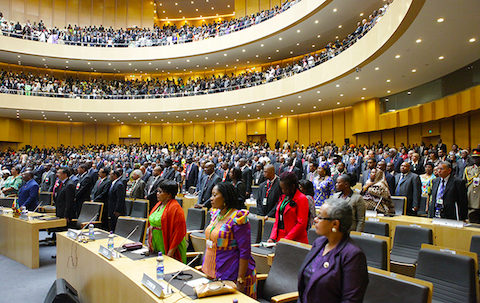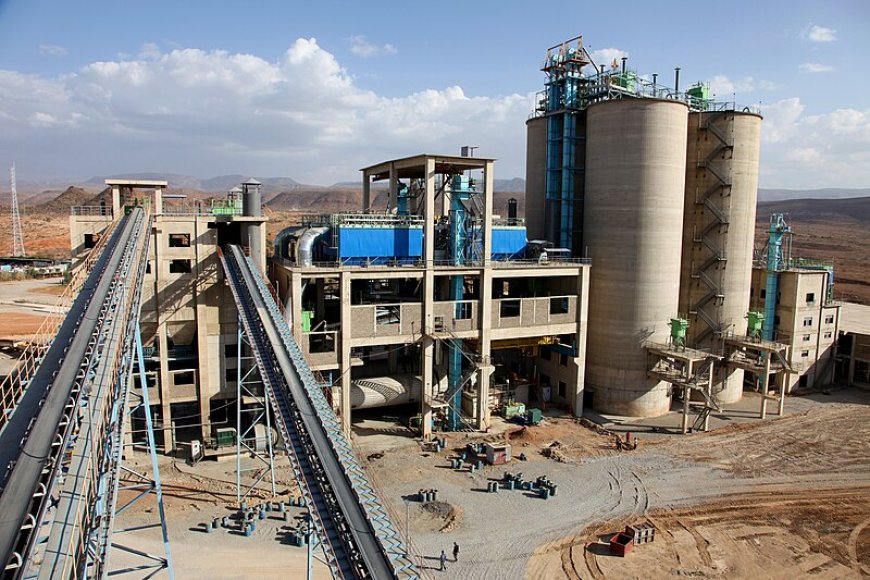Nigeria Legalizes Crypto, Keeps Exchanges Blocked


Quidah is an online platform that connects investors with curated opportunities and expert insights on Africa’s emerging markets, while offering businesses promotional services, partnership facilitation, and market intelligence to attract capital and grow their operations.
Industries
Nigeria has formally recognized cryptocurrencies in law and created a licensing and tax framework, yet access to major exchanges remains restricted on local telecom networks. The Nigerian Communications Commission’s February 2024 order, backed by the Central Bank of Nigeria and the Presidency, still blocks platforms like Binance, Coinbase, Kraken, and OKX. Authorities originally aimed to curb naira speculation, but the restrictions persist despite subsequent reforms.
In February 2024, the Nigerian Communications Commission directed telecom and internet providers to restrict access to leading crypto platforms. The move, supported by the Central Bank of Nigeria and the Presidency, targeted peer-to-peer trading that officials said fueled unregulated foreign-exchange activity and pressured the naira. Users on major networks such as MTN and Glo lost access unless they used virtual private networks.
Between 2023 and 2025, Nigeria advanced a suite of reforms to mainstream digital assets. The Investment and Securities Act 2025, signed in March by President Bola Tinubu, recognized cryptocurrencies as securities and placed exchanges, custodians, and wallet providers under the Securities and Exchange Commission. The SEC’s Digital Assets Rules and VASP Licensing Framework took effect on June 30, 2025, mandating licensing, disclosures, consumer protection, and anti-money laundering compliance for platforms serving Nigerians.
The Central Bank softened its earlier stance by working with the SEC on a pathway for licensed exchanges to access banking services, reversing a 2021 prohibition. Banks remain cautious, however, and many have yet to resume relationships with crypto firms. Separately, the Tax Administration Acts 2025 brought digital assets into the tax net, including a 25% rate on individual capital gains, signaling the government now views crypto as taxable economic activity. Industry participants say enforcement is uneven. Some executives argue the telecom blocks endure through inertia and fragmented oversight. Local exchanges with provisional approval under the SEC’s Accelerated Regulatory Incubation Programme, including Quidax and Busha, report operational hurdles such as forced domain changes, and no operator has secured full licensing to date. Meanwhile, some international platforms operate quietly via mobile apps without licenses, while most major exchanges remain inaccessible without VPNs.
The P2P market largely shifted to mobile apps and private groups after the blanket web restrictions, reducing visibility for regulators. The NCC says it needs a formal counter-directive from higher authorities before unblocking platforms, with the Office of the National Security Adviser or the SEC identified as potential sources of such an order. Security agencies reportedly remain wary of crypto activity, complicating coordination.
Local stakeholders warn that inconsistent access across networks is hurting compliant operators. The Stakeholders in Blockchain Technology Association of Nigeria notes some platforms are reachable on one network but not others, urging the SEC and NCC to align on a clear resolution. At the same time, the government’s Payments System Vision 2025 promotes integrating stablecoins and digital assets into the formal economy.
Nigeria counts more than 26 million crypto users, ranking among the largest global markets. Yet without consistent enforcement, banking access, and a clear path to unblocking exchanges, much of the sector’s economic potential remains underutilized.
For businesses and investors, Nigeria’s framework offers long-term clarity on licensing, AML standards, and taxation, but short-term execution risk remains high. The disconnect between legal recognition and network access raises compliance costs and deters market entry by global players. Opportunities exist for well-capitalized local firms to secure first-mover VASP approvals, for banks and fintechs to build compliant on/off-ramps once permitted, and for regtech providers to help exchanges meet AML and disclosure requirements. If telecom access is restored and banking ties normalize, Nigeria’s large user base could support significant volume growth and institutional products.
Nigeria has laid the legal groundwork for a regulated crypto market but has yet to resolve the telecom restrictions and banking hesitancy that constrain real-world adoption. Industry groups are pressing for a coordinated directive to lift blocks and finalize licensing. As one executive put it, “we’re still stuck halfway between prohibition and progress.”


